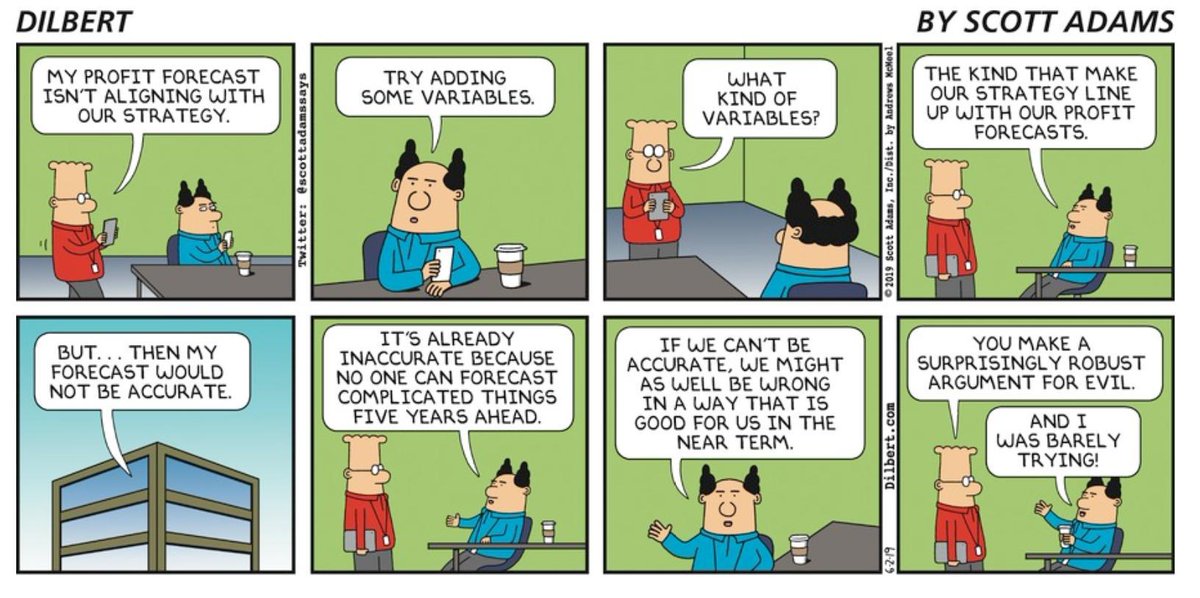The costs of digital payments are today borne by the banks & PSPs - who pass them on to merchants!
Indirectly merchants pass these on to consumers & have a blended cost. Some explicitly pass these costs to the consumer as a "surcharge".
Today's incentive alignment ensures that cash will continue to be the most (financially) attractive for face2face payments!
The #Government #RBI, #NPCI, as well as MNC's like Visa and MasterCard have made significant investments in attempting to move the needle to #DigitalPayments - each has their own approaches & reasons to do so.
Yet we have been unable to move the needle materially!
The favorite punching bag of these battles are the legacy business model of the famous "2% MDR" - believed to be a fee imposed by Visa & MasterCard.
The reality is that 90%+ of the MDR is shared between the (India-based) banks, the lions-share going to the Issuer.
This makes sense for Credit Card Transactions because there is a Cost of Credit involved.
In the US which is a Credit-based society, the merchants are convinced that paying the MDR increases their business volume - its a simple trade-off by the (educated) merchant.
In a country like India dominated by #DebitCards, the payment of #MDR makes little sense. Hence the government's decision to mandate a #ZeroMDR.
In theory all this is a logical conclusion - except for one point...
For #DigitalTransactions to work well, there also are costs involved. Whether you are a bank or a PSP - businesses that exclusively depend on Payments processing - there is a cost associated with processing payments. Also credit is the killer app - to SME's/consumers!
These costs include the high cost of onboarding a merchant, investment in technology for reliable payment processing, communications costs, customer service costs, chargeback and other dispute resolution costs & credit where applicable.
Requiring the banks to eat all the costs in entirety is basically saying that only the banks benefit from digital payments.
Ultimately a chain is as strong as the weakest link and I worry that the burden of the ZeroMDR mandate will break the chain..
In the beginning perhaps some well-funded VC startups will step up & bravely say they will do it for free, offering incentives to consumers and merchants. They will soon fight over the same merchant pasting QR codes that make the store look like a Formula 1 race car!
But over a period of time, my concern is that a house built on a pack of cards will cave in - merchants who transact less will be treated poorly & consumers will lose interest once the so called habit-creating incentives are withdrawn!
If we truly want to transform India into a #DigitalPayments country, we need the entire eco-system to step-up, recognize the costs involved, take the responsibility of sharing some of the costs across eco-system players, and making it reasonably attractive for all!
My recommendations
1) Recognize PSP's as a regulated first-class citizen & ensure they have a viable business model (banks are welcome to be PSP's)
2) Key beneficiaries - Govt, banks, merchants contribute to educating & incentivizing the consumer to go digital
The impact of going digital will create the most valuable #DataBank of transactions that can take India from the #datapoor to #datarich world and over a period of a few years, can truly help the #SME's & #Consumers with #AccessToFormalCredit - there's a huge win!
I urge @nsitharaman to work with the #PaymentsEcosystem to study the recommendations of the most recent groups - the Watal Committee (2016) (finance.du.ac.in/du-finance/upl…)
& the Nilekani Committee (2019). - a lot of good work has gone into it.
medianama.com/2019/06/223-su…
What happens if NO banks want to sign up (acquire) a given merchant for digital payments because of the ZeroMDR mandate?🤠
economictimes.indiatimes.com/news/economy/p…








